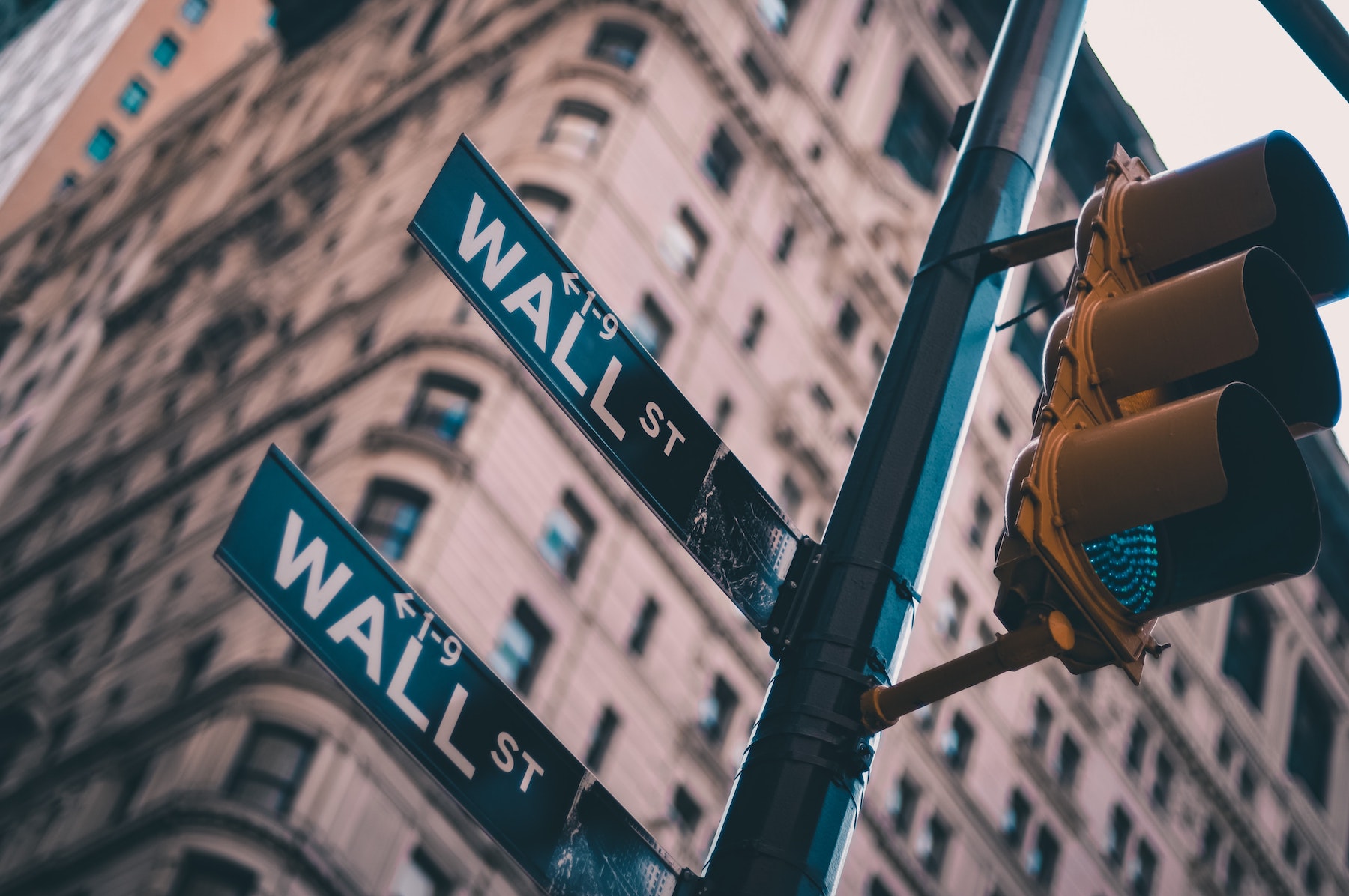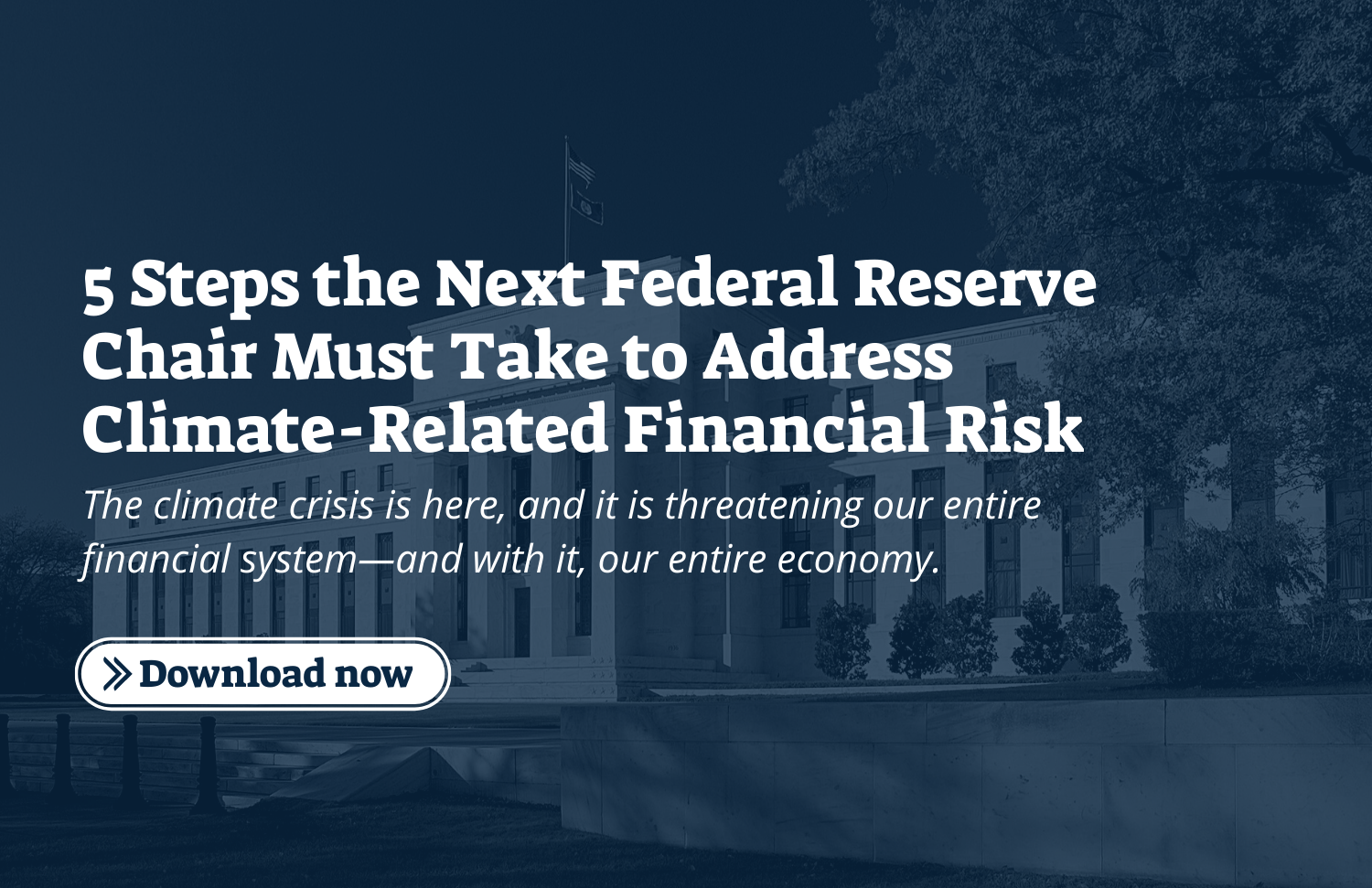Which Agencies Can Help:
Several federal agencies have a role to play. In particular, Dodd-Frank created the “Financial Stability Oversight Council” (known as FSOC), made up of the Department of the Treasury and several independent federal agencies, including: the Federal Reserve, the Office of the Comptroller of the Currency, the Consumer Financial Protection Bureau, the Securities and Exchange Commission, the Federal Deposit Insurance Corporation, the Commodity Futures Trading Commission, the Federal Housing Finance Agency, and the National Credit Union Administration. The Department of Labor will likely also have a critical role. Each of these agencies must assess what tools are available to them to identify and mitigate climate-related financial risk.
What Tools Can Agencies Use to Mitigate Climate-Related Financial Risk:
The tools available to agencies fall into several buckets. Agencies can require that companies publicly disclose information about their own climate risk, update rules so that financial actors can take climate into account when making decisions, require financial institutions to include climate assessments in internal planning processes, ensure that banks with a lot of fossil fuel exposure have more capacity to face the risks, limit the amount of fossil fuel exposure any one institution can have, and more.
For example, the Securities and Exchange Commission (SEC) has already begun the process of requiring publicly traded companies to disclose climate-related information about themselves such that investors can determine how much risk they wish to take on. The rule they put forward should require companies to disclose the greenhouse pollution that they generate directly (known as Scope 1 emissions), the pollution from the power that they purchase (Scope 2 emissions), and the pollution that they finance (Scope 3 emissions).
The Department of Labor can also help by updating its environmental, social, and governance (ESG) guidance to ensure that the process of selecting pension plans for employees can factor in climate risk.
The Federal Reserve (“the Fed”) also has a critically important role to play. As the institution charged with setting our monetary policy and regulating some of our largest financial institutions, the Fed has unparalleled influence. And while the Fed has taken some steps to identify and address climate-related financial risk, such as joining the Network for Greening the Financial System (an international group of central banks committed to addressing climate-related risk), the agency must take additional action. At a minimum, this must include policies to help identify how much risk domestic banks are facing, and to set up a system of incentives that aligns with a safe climate and a strong economy. These policies can and should include implementing climate stress tests to examine whether individual financial institutions are prepared for the climate impacts to come, requiring that banks hold more capital if they continue to invest in risky fossil fuel assets, and, ultimately, limiting how much pollution banks can finance.
Every agency will have a different set of tools that can be used to help investors, shareholders, and bank managers assess and address climate risk. But we must use every tool, and we must use them now.

